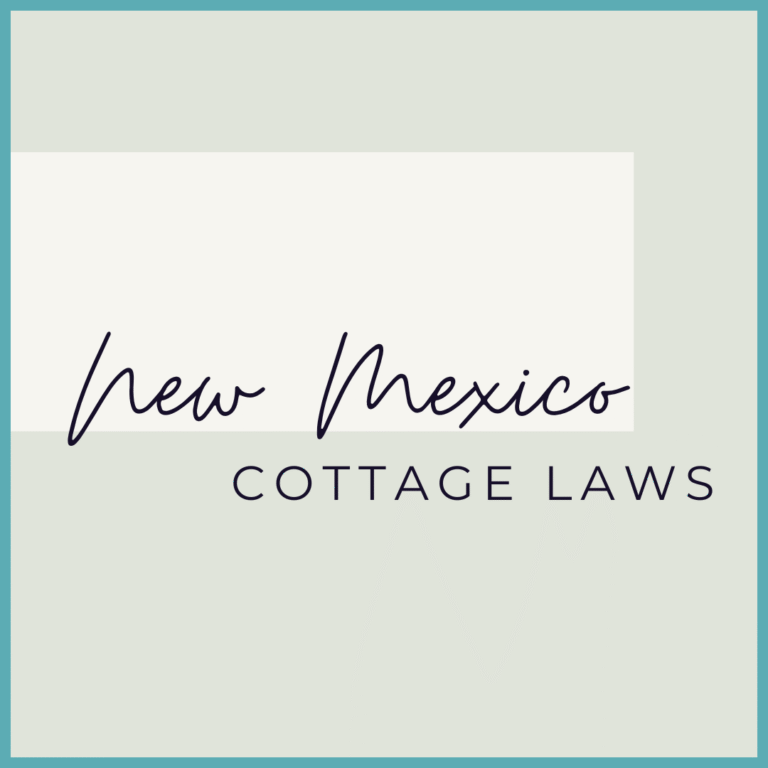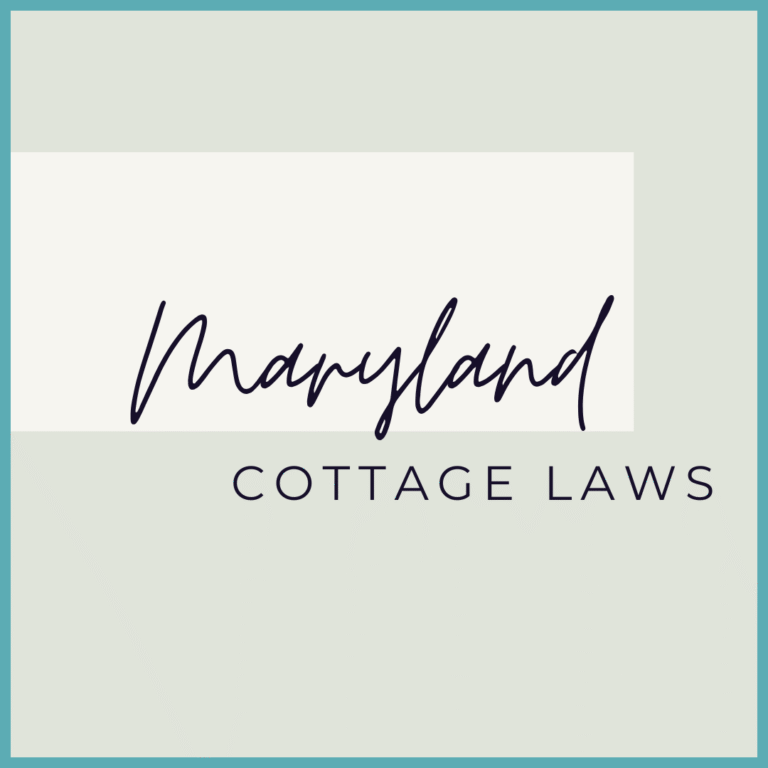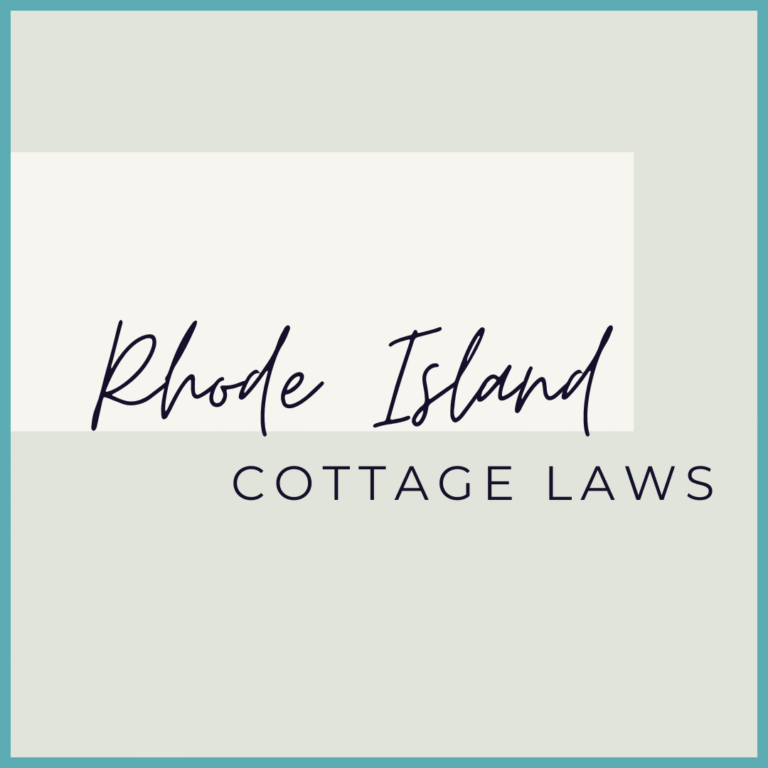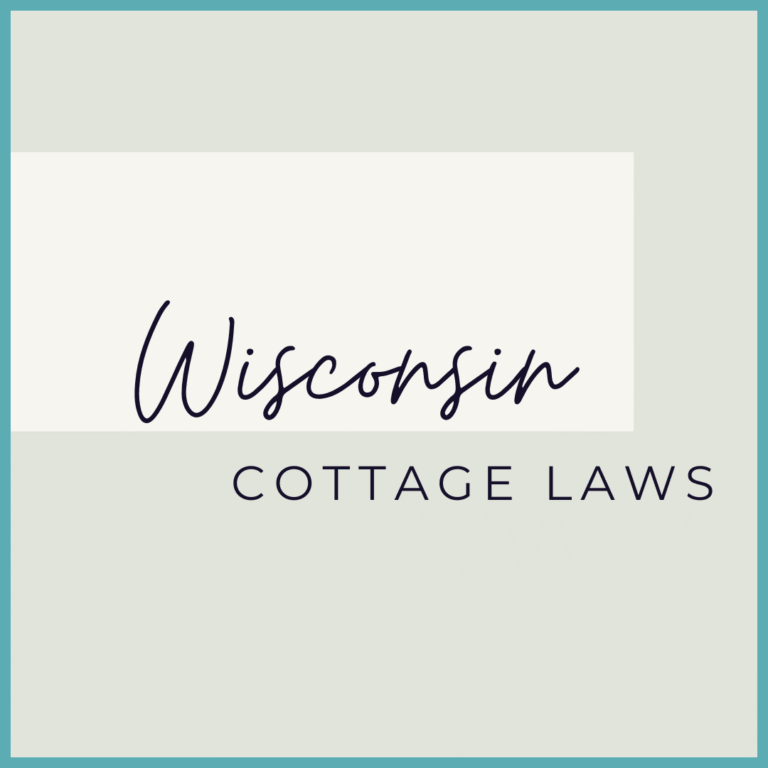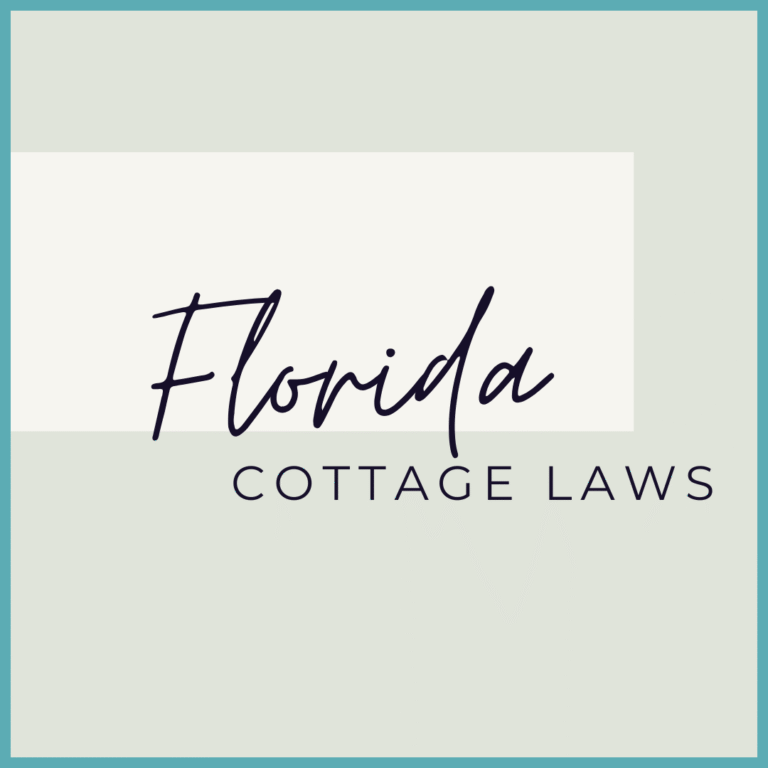Alabama Cottage Laws
Alabama Cottage Food Laws
Have you ever thought about turning your home kitchen into a small business? Maybe you are looking for a small side hustle to help offset grocery costs for your family? Alabama's cottage food laws make this a possibility! In this comprehensive guide, we'll break down everything you need to know about starting a legal home-based food business in Alabama.
Getting Started: Requirements and Regulations
Before you start selling your homemade treats, here's what you need to do:
1. Food Safety Certification
You must complete an ANSI(American National Standards Institute)-approved food handler safety course. This certification needs to be renewed every five years. While there are several options available, any ANSI-approved course will fulfill this requirement. Click HERE for a list.
2. Label Review
Your local county health department must review and approve your product labels before you can begin selling. This process includes:
- Submitting sample labels for review
- Obtaining a written Cottage Food Review form
- Paying any applicable county fees (these vary by location)
3. Business Registration
Next up, you'll need to:
- Register your business with your county health department's environmentalist office
- Obtain any required city business licenses (if you live within city limits)
- Register for state sales tax collection
- Register for Alabama's Business Privilege Tax
What Can You Make and Sell?
Alabama allows a surprisingly wide range of foods to be produced under cottage food laws. Here's what's permitted:
Always Allowed:
- Baked goods (breads, cookies, cakes, pastries)
- Candies and chocolates
- Jams and jellies
- Dried herbs and spices
- Roasted coffee
- Popcorn and kettle corn
- Dried baking mixes
- Nuts and nut mixtures
- Traditional fruit pies
Allowed with Additional Testing:
Some products require pH testing or water activity verification before they can be sold:
- Barbecue sauces
- Salsas
- Pickled fruits and vegetables
- Fermented products (non-alcoholic)
- Fruit butters
- Dried fruits and vegetables
Special County Exceptions:
Calhoun and Montgomery counties have special exemptions allowing them to produce and sell some foods that are prohibited elsewhere in the state. Residents of these counties should check with their local health department for additional permitted items.
What's Not Allowed:
Due to protecting public safety, these items cannot be sold under cottage food laws:
- Custard or cream-filled items
- Foods requiring refrigeration
- Raw or cooked meats
- Dairy products (except when used as ingredients in allowed products)
- Canned vegetables (except in Calhoun and Montgomery counties)
- Garlic in oil mixtures
- Pet foods or treats
- Nutritional supplements
Labeling Requirements
Every package must include a label with:
- Your name or business name
- Complete physical address
- Product name
- Complete ingredient list in descending order by weight
- The statement: “This product may contain allergens”
- The statement: “This food is not inspected by the Health Department”
- Font size must be 10-point or larger
Where Can You Sell?
The 2021 update significantly expanded selling options. You can now:
- Sell directly from your home
- Sell online (website and social media)
- Deliver personally or through shipping services
- Sell at farmers markets, fairs, and festivals
- Sell from mobile units or temporary locations (if not already health department permitted)
Important restrictions:
- Sales must be direct to consumers (no wholesale)
- Products can only be sold within Alabama
- No selling to restaurants or retail stores for resale
Sales Tax and Business Considerations
Alabama has specific tax requirements for cottage food businesses:
- State sales tax rate of 3% on all food sales
- Additional local sales taxes may apply (varies by location)
- Must register for and collect appropriate sales taxes
- Annual business privilege tax requirements
- Potential property tax on business equipment
Insurance Considerations
While not legally required, liability insurance is strongly recommended for cottage food businesses. This protects you in case of any issues with your products. Many farmers markets and events may require proof of insurance to participate.
Special Considerations
Farmers Markets
If you plan to sell at state-certified farmers markets:
- No food sampling is allowed
- Additional vendor certification may be required
- Check specific market rules and requirements
Testing Requirements
For acidified foods (like salsas and pickles):
- Must be tested at an approved laboratory
- pH must be 4.2 or less
- Water activity must be less than 0.88
- Test results must be submitted to county health department
Resources and Support
For additional help and information:
- Alabama Department of Public Health: 334-240-7247
- Farmers Market Authority: 877-774-9519
- Email: fma@agi.alabama.gov
- Website: www.fma.alabama.gov
Alabama's cottage food laws provide an excellent opportunity for home-based side hustle. With the 2021 removal of income caps and expansion of allowed products and selling venues, there's never been a better time to start your cottage food business in Alabama. Just remember to follow all safety and labeling requirements, and you'll be on your way to building your food business from home!
Remember to check with your local health department for any county-specific requirements or updates to these regulations, as they may change over time. Also check back as states do change their cottage food laws when new legislation is passed.

